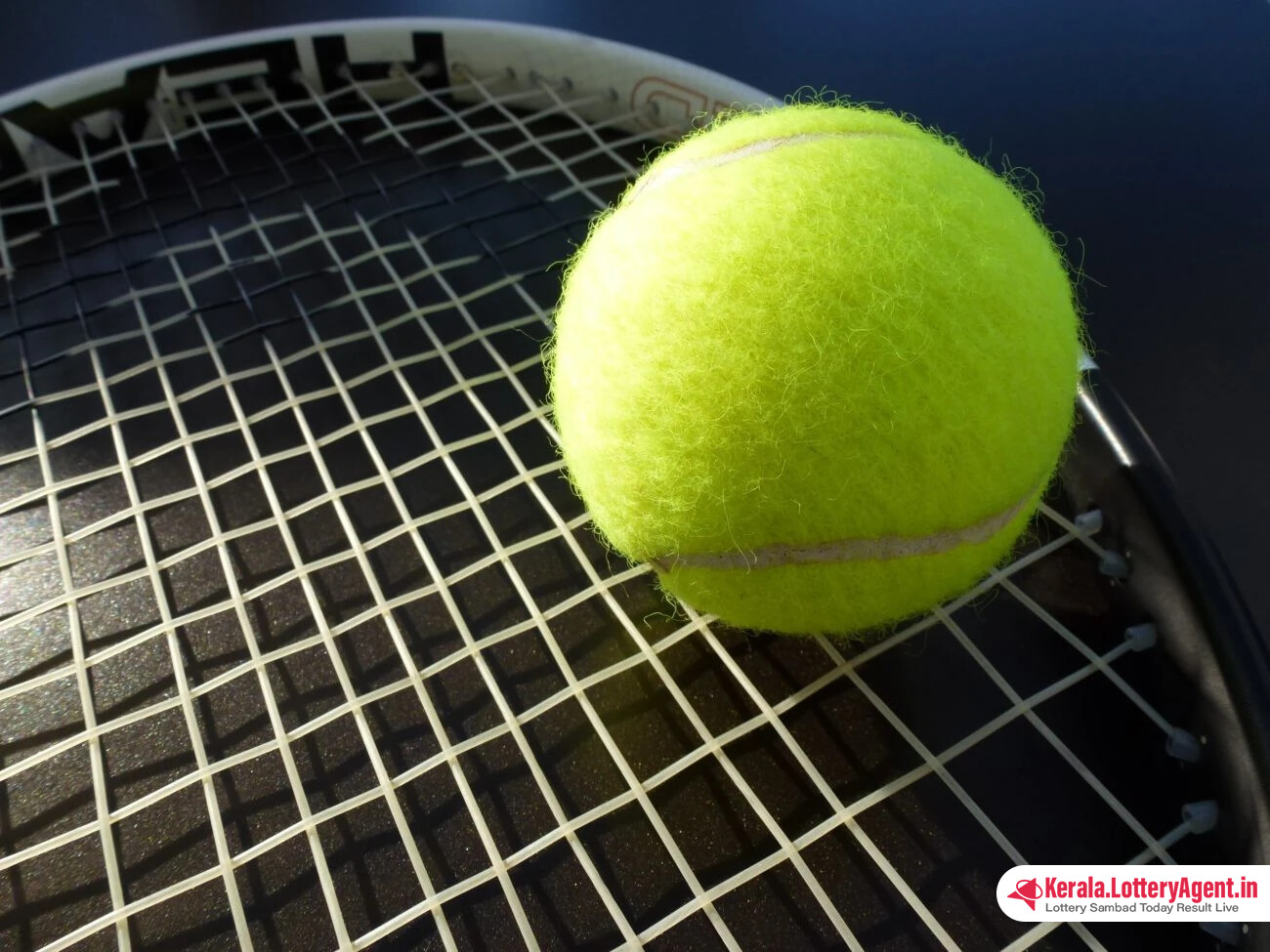
The world of tennis has been rocked by scandal as the International Tennis Integrity Agency (ITIA) confirmed that Slovenian tennis official, an international-level and bronze-badge umpire, has been handed a severe 10-year and six-month ban from all tennis activities. As of today, the official will be barred from participating in or attending any event sanctioned by ITIA members until 7 March 2034, following a series of grave breaches against the Tennis Anti-Corruption Program (TACP).
According to the ITIA, the disgraced official engaged in multiple wrongful acts, including betting on tennis matches and manipulating data from games where he served as an official, actions believed to be intended to support betting activities. His transgressions brought to light the ever-present perils of corruption within sports, underscoring the relentless efforts by authorities to maintain the integrity of tennis.
Stepping onto the scales of justice, the official confronted the allegations and admitted his involvement in four TACP violations. He opted to fully cooperate with the ITIA’s comprehensive investigation into his conduct and consented to the imposition of the stipulated sanction, thereby bypassing the need for a hearing before an independent Anti-Corruption Hearing Officer. He has not officiated a match since his suspension came into effect on the 8th of September, 2023, with his ban now retroactively dating from this moment.
Furthermore, the ITIA has imposed a substantial fine of $75,000 on the official, of which $56,250 is suspended, serving as both punishment and a deterrent to others in the tennis community. This significant financial penalty underlines the seriousness with which the ITIA views any form of corruption or betting-related offenses.
This sanction, striking in its duration and severity, is a testament to the rigorous efforts of the ITIA to clamp down on corruption within tennis. In recent times, a string of similar penalties have been meted out, with the ITIA adopting a no-tolerance policy toward any individuals found to be tarnishing the sport. Just last week, the ITIA dispensed justice to five players entangled in a malevolent match-fixing syndicate in Belgium, yielding a series of suspensions.
Among those penalized was Mexican Alberto Rojas Maldonado, now banned for life from tennis and slapped with a $250,000 fine after being convicted of a staggering 92 breaches of the TACP. He was discovered to be a key figure in corrupting fellow players. Similarly, Guatemalan Christopher Díaz Figueroa received a lifetime ban and a fine of $75,000 for 13 breaches of the anti-corruption rules, despite having already served a three-year suspension for match-fixing in the past.
The infamy of the match-fixing racket extended to its mastermind, Grigor Sargsyan, dubbed “the man who built the biggest match-fixing ring in tennis” by the Washington Post. Sargsyan had been convicted recently and sentenced to five years of imprisonment, following his global campaign since 2018 to recruit over 180 professional tennis players across five continents into his crooked network.
The shadow of this syndicate reached as far as Belgium, where, earlier this month, the ITIA made public the banning of seven Belgian players as a result of their involvement with Sargsyan’s corrupt ecosystem. The implicated individuals included Arnaud Graisse, Arthur de Greef, Julien Dubail, Romain Barbosa, Maxime Authom, Omar Salman, and Alec Witmeur, with three of these players, Witmeur, de Greef, and Barbosa, already under provisional suspension since May 2021.
The ITIA continues to adopt a staunch position against corruption, demonstrating to the tennis world that the integrity of the sport remains paramount. This series of penalties, particularly the decadelong ban dealt to the Slovenian tennis official, sends an unequivocal message: integrity violations will be met with the full force of the regulatory body’s authority, assuring fans and athletes alike that fairness and honesty still govern the noble game of tennis.












